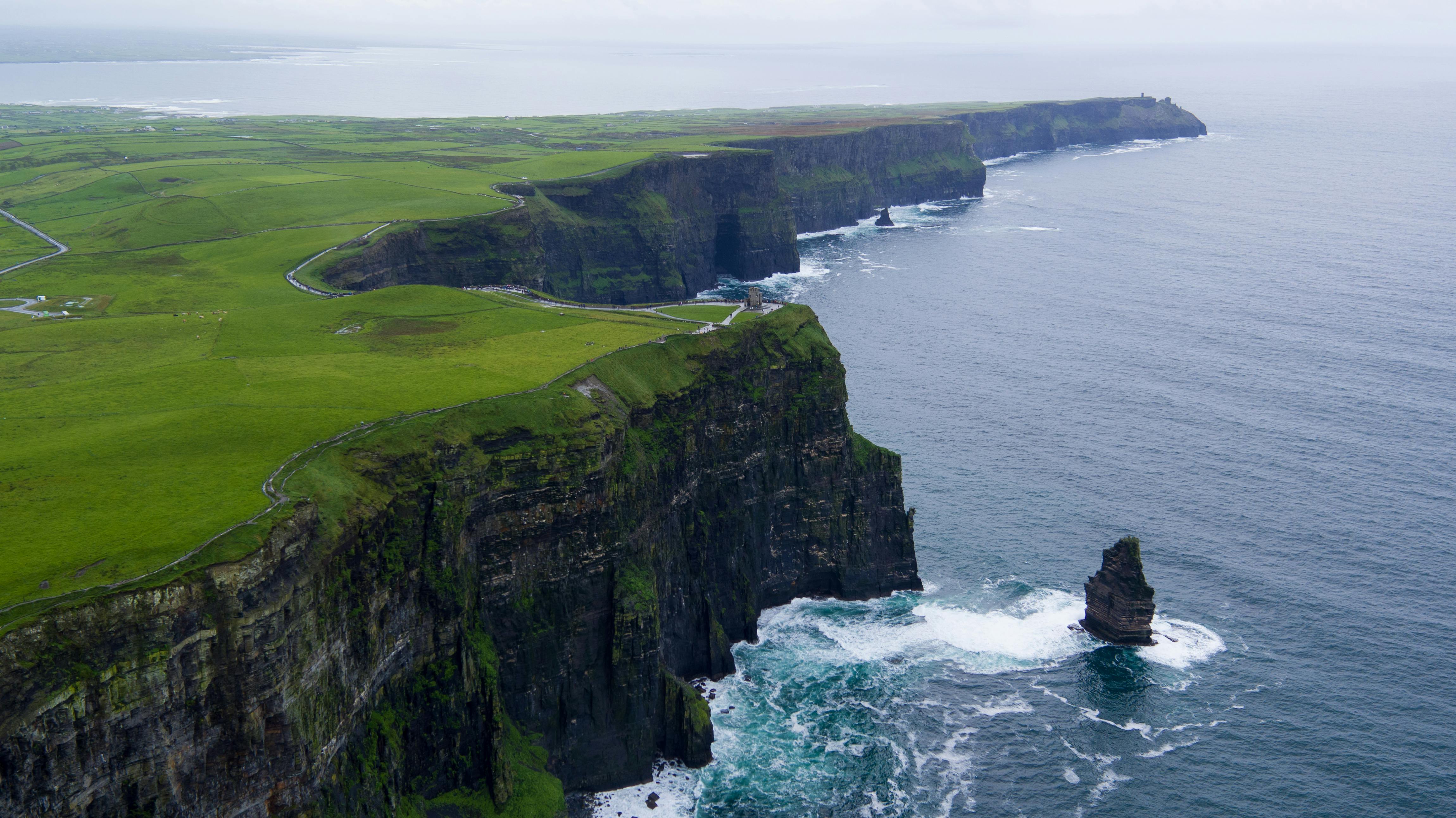Canada

Canada is one of the most preferred study destinations for international students due to its world-class education system, diverse culture, and excellent post-study opportunities. With affordable tuition fees, high-quality universities, and various scholarship programs, many students aspire to study in Canada.
For Nepali students in Canada, the experience is both enriching and rewarding. Canada offers a welcoming environment with a growing Nepalese community, making it easier for students to adjust. The country also provides excellent opportunities for part-time work, post-graduation employment, and pathways to permanent residency.
Why Study in Canada for Nepalese Students?
- High-Quality Education – Canada has globally recognized universities and institutions offering top-notch education across various disciplines.
- Affordable Education – Compared to other Western countries, studying in Canada is relatively affordable, with numerous scholarships available.
- Work Opportunities – International students can work part-time while studying and qualify for post-graduation work permits.
- Diverse Culture – Canada is home to a multicultural society that embraces international students from different backgrounds.
- Pathway to Permanent Residency – Canada provides several immigration pathways for international students who wish to settle in the country.
Application Process for Students Applying for Canada from Nepal:
- Choose a Program & University – Research universities and select a suitable program based on academic and career goals.
- Prepare Required Documents – Gather academic transcripts, English proficiency test scores, SOP, LOR, and financial proof.
- Apply to Universities – Submit applications online through the university portals and pay the application fees.
- Receive Offer Letter – If selected, students will receive a Letter of Acceptance from the university.
- Apply for a Study Permit – Submit a visa application along with the required documents to the Canadian Embassy.
- Plan for Travel & Accommodation – Book flight tickets, arrange housing, and attend a pre-departure briefing.
Living Expenses in Canada for Nepalese Students
Living expenses in Canada vary by city and lifestyle. Below is an estimated breakdown of costs:
|
Expense Category |
Estimated Monthly Cost (CAD) |
|
Accommodation |
600 - 1,500 |
|
Food |
300 - 600 |
|
Transportation |
100 - 150 |
|
Health Insurance |
75 - 150 |
|
Miscellaneous |
100 - 300 |
|
Total |
1,200 - 2,700 |
Admission Criteria for Study in Canada for Nepalese Students
- Academic Requirements – Students must meet the minimum GPA requirement for their chosen program. Undergraduate programs require a higher secondary certificate, while graduate programs require a bachelor's degree.
- English Proficiency Test – IELTS or TOEFL scores are mandatory for non-native English speakers. The minimum IELTS score requirement is 6.0-7.5, depending on the university.
- Financial Proof – Students must show proof of financial support to cover tuition and living expenses during their studies in Canada.
- Statement of Purpose (SOP) – A well-written SOP is required, explaining why the student wishes to study in Canada and their future career goals.
- Letter of Recommendation (LOR) – At least one or two recommendation letters from academic or professional references are needed for admission.
- Valid Passport and Visa – A valid passport and a study permit application are mandatory for studying in Canada.
Universities in Canada for Nepalese Students
Canadian universities are known for their academic excellence, research opportunities, and student-friendly policies. Nepalese students can choose from a wide range of institutions that offer various undergraduate and graduate programs. Here are the top 10 universities in Canada for Nepalese students:
|
University Name |
Undergraduate Programs |
Graduate Programs |
|
University of Toronto |
Business, Engineering, Computer Science |
MBA, MSc, PhD, Data Science |
|
University of British Columbia |
Economics, Psychology, Biotechnology |
MSc, PhD, Environmental Science |
|
McGill University |
Medicine, Law, Architecture |
MBA, Law, PhD |
|
University of Alberta |
Agriculture, Nursing, Engineering |
MSc, PhD, Petroleum Engineering |
|
University of Waterloo |
IT, Mathematics, Cybersecurity |
MSc, PhD, Data Analytics |
|
Western University |
Journalism, Political Science, Biology |
MBA, MSc, Public Health |
|
Queen’s University |
Business, Fine Arts, Computer Science |
MSc, PhD, Applied Sciences |
|
Dalhousie University |
Marine Biology, Dentistry, Pharmacology |
MSc, PhD, Marine Studies |
|
Simon Fraser University |
Communication, Sociology, Finance |
MSc, PhD, Finance & Economics |
|
University of Ottawa |
Criminology, Social Science, Engineering |
MSc, PhD, Law & Governance |
1. What is the minimum IELTS score required for Nepalese students to study in Canada?
Most universities require a minimum IELTS score of 6.0 to 7.5, depending on the program and institution.
2. Can Nepalese students work while studying in Canada?
Yes, Nepalese students can work up to 20 hours per week during academic sessions and full-time during breaks.
3. Is Canada affordable for Nepalese students?
Yes, Canada offers various scholarships, and students can work part-time to manage their expenses. Tuition fees vary depending on the university and program.
4. How can a Nepalese student get PR in Canada?
After completing their studies, students can apply for a Post-Graduation Work Permit (PGWP) and later qualify for PR through Express Entry or Provincial Nominee Programs (PNP).
5. What are the top universities in Canada for Nepalese students?
Some of the top universities include the University of Toronto, the University of British Columbia, and McGill University.




